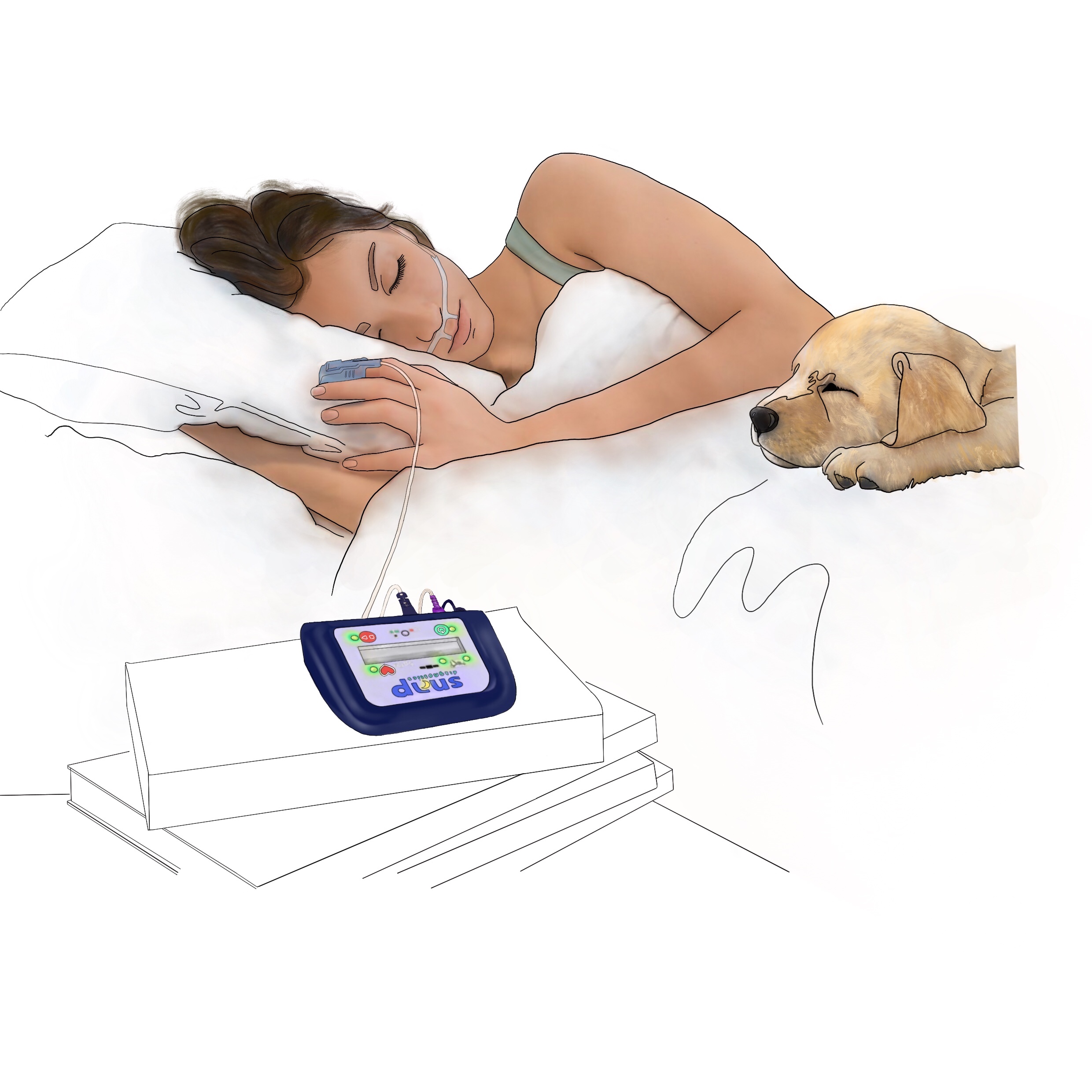
What is Sleep Apnea?
Sleep apnea is a condition in which breathing is repeatedly interrupted during sleep. As a result of interrupted breathing, sleep itself is interrupted as the brain arouses the sleeper to resume breathing. Often the sleeper wakes up just enough to take a breath, and doesn’t remember awakening during the night.
Why is it significant?
The significance of sleep apnea can be intuitively understood by anyone who has experienced a poor night of sleep. Because sleep apnea causes increasingly fragmented and poor quality sleep, it impairs the body’s ability to gain the normal physical, cognitive, and emotional recovery benefits of sleep. This leads to serious effects on health as well as day-to-day function. For example, the Institute of Medicine found that untreated sleep apnea shortens life 5 – 10 years and increases the risk of high blood pressure, heart disease and stroke. Other consequences linked to sleep apnea include type 2 diabetes, obesity, cognitive impairment, and automobile accidents due to drowsiness.
To learn more about the important restorative benefits we gain from sleep, we recommend viewing Sleep Is Your Superpower by Matthew Walker.
How do I know if I’m at risk?
Sleep apnea can be challenging to identify, as our memory of events that occur during sleep is limited. However, there are some signs and symptoms that you (or your bed partner) can look for.
-
Snoring
-
Pauses in breathing
-
Gasping for air or choking during sleep
-
Daytime sleepiness
- Frequent urination at night
-
Feeling unrefreshed after sleep
-
Awakening with a dry mouth or sore throat
- Morning headaches
-
Weight gain, or difficulty losing weight
-
Depression or irritability
-
Poor memory
- Difficulty concentrating
Is sleep apnea treatable?
Yes. There are several types of sleep apnea, with different causes and treatments. With proper testing, diagnosis and treatment, sleep apnea can be treated and health deterioration reversed.
